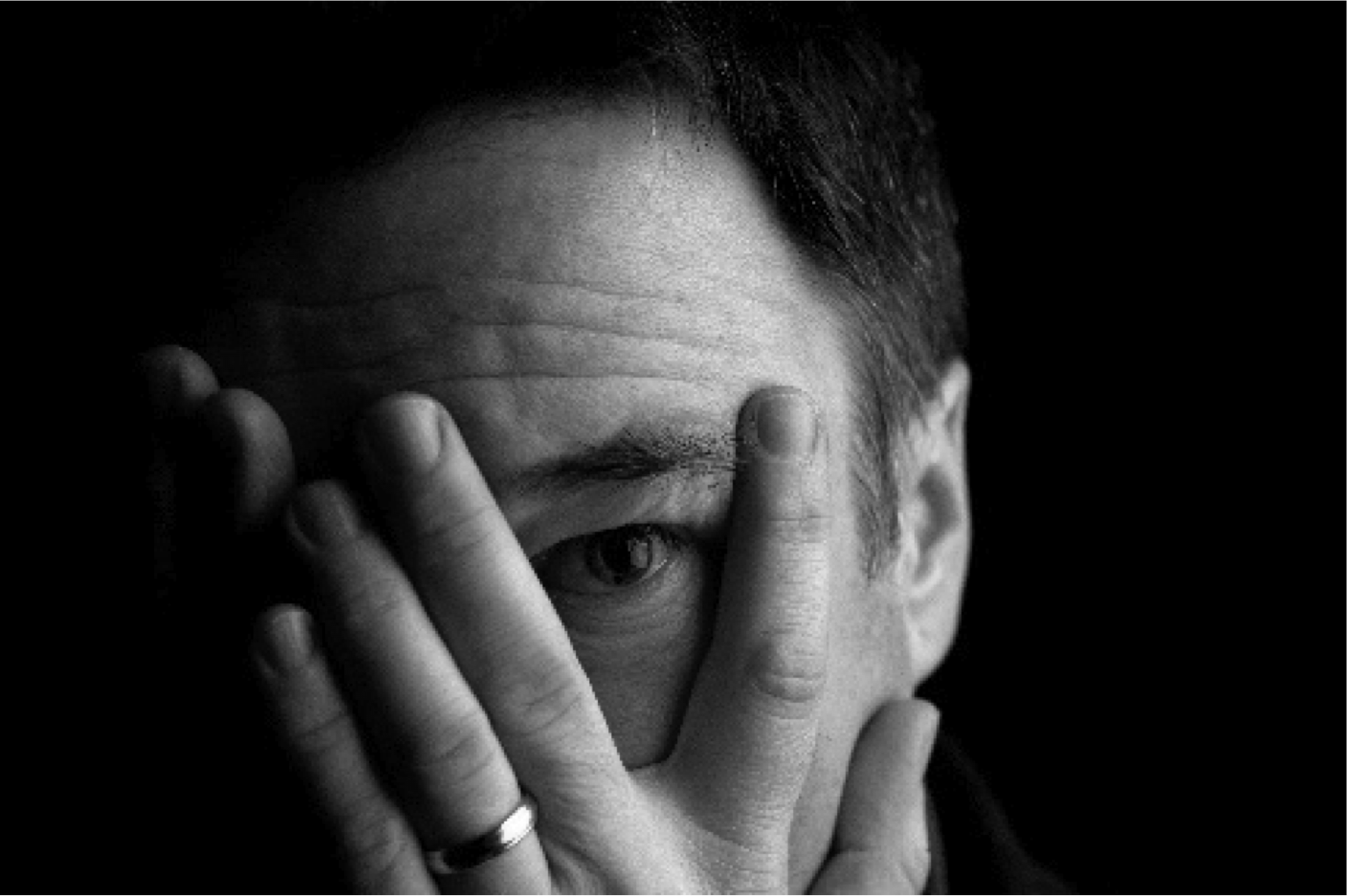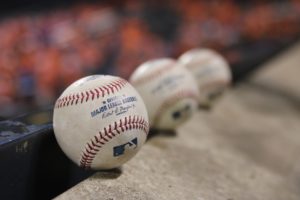Hide-and-seek was one my favorite games as a kid. I recall playing hide-and-seek outside with my brothers and the neighborhood kids when I was about five years old. I found the perfect spot next to a car parked on the side of the street. I crouched down next to the back tire. As I got bored waiting to be found, I started fiddling with the tire stem value. To my anxious surprise, air started leaking from the tire. I wanted to stop the leaking, but I didn’t know what to do, so I ran away.
Why did I run? In that moment, I had a clear awareness I had done something wrong. But, where did this awareness come from?
I grew up in a stable, loving home with two faithful parents. We prayed together, went to church consistently, were told what was right and wrong, and lovingly corrected when needed. I had an understanding of higher authority at a very young age.
Moral – Concerning or relating to what is right and wrong in human behavior (Merriam-Webster).
As I wrestle with the notion of moral behaviors, it seems the determination of what is right and wrong is directly tied to a higher authority. In my home as a child, that higher authority was established through my parents, our Christian affiliation, and a strong belief in God. As I matured, I recognized other higher authorities that defined moral behavior: teachers, coaches, pastors, parents of my friends, law enforcement officers, government officials, managers, and employers. All of these roles had an influence on establishing helpful boundaries and communicating right behavior for my good and the good of the “community.” Without moral influence from each of these people, I’d be destructive to myself and the people around me like a rogue elephant.
Rogue elephants are vicious out-of-control creatures that separate themselves from the herd and wonder alone. In Northeast India, it has been reported that they kill nearly 100 people a year. It is my understanding that rogue elephants become rogue because they do not have more mature elephants keeping them in line, the higher authority. “I think everyone needs a role model, and these elephants that left the herd had no role model and no idea of what appropriate elephant behavior was,” said Gus van Dyk, Pilanesberg Park’s field ecologist.
Everyone needs a role model (higher authority) pointing them in the right direction. But, what if that “higher authority” is misguided or does not have another higher authority to keep them from going rogue? Where does the higher authority end that says these are the “right” moral behaviors?
These are difficult questions to answer in a culture that believes, “I alone decide what is right and wrong.” If each of us as individuals are left to decide what is right and wrong without some higher authority providing direction for our good, wouldn’t we all end up like rogue elephants doing what is “right” in our own minds? This sounds like a chaotic, destructive, and scary place to live. So what can we look to for moral direction?
“A compass needle aligns itself and points toward the top of Earth’s magnetic field, giving explorers and lost souls a consistent sense of direction,” as described by Molika Ashford with the Live Science website.
The earth is a magnet which means that it has a magnetic force. This magnetic force cannot be fully explained, it just is. Because of this force, the magnetic attraction in a compass points towards the North Pole providing direction.
The magnetic force of moral behavior points us in the right direction. As I look back to my “flat tire” experience, no one told me deflating someone else’s tire was wrong. I just knew it. I also knew it was wrong to run away from my mistake. It was like a magnetic force telling me right from wrong. I have come to believe there is an ultimate higher authority I lovingly call God. This higher authority, like that magnetic force, points me in the right direction and defines my moral behaviors.
Do I make all the right moral choices? No. As an “explorer or lost soul,” I can choose not to follow the compass. Maybe I think the compass is wrong, or I am too scared to own my misconduct, or I think my way is better. I still get to make the choice. However, I know when I follow the moral compass the end results always prove to be best for myself and others.
Moral Leadership – To do what is right and influence others to do what is right!
Think About It
What higher authorities define right and wrong in your life?
What impact does this have on how you lead?




